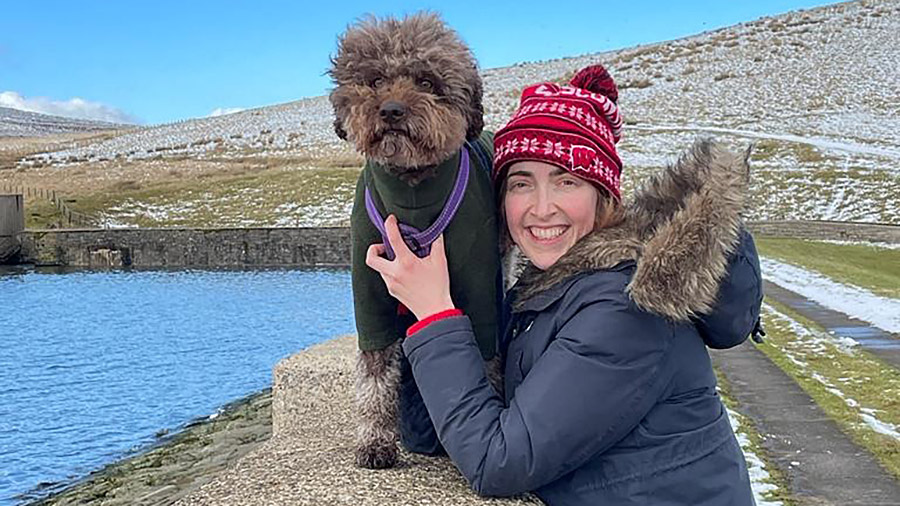Words make a difference, says AO Access Officer and Faculty Selection Processes Task Force’s McCarthy

What you say (or don’t say) can make a real difference—for example—in whether colleagues from underrepresented groups feel respected, a prospective employee clicks through a job posting, a patient feels safe and comfortable. AO Access Officer and Faculty Selection Task Force member Jess McCarthy believes that language matters—and the task force is providing valuable guidance to the AO clinical divisions, clinical unit, with the Nomination Committees helping to make the officer and faculty selection processes more inclusive and transparent.
McCarthy, an openly gay woman who practices, teaches, and conducts research at the University of Wisconsin-Madison School of Veterinary Medicine in the United States, said breaking down barriers begins with “simple stuff” like becoming familiar with—and using—inclusive language.
That means putting exclusionary language—language that “others” people by implying that they are alien to oneself or one’s group due to, for example, their race, color, ethnicity, nationality, religion, gender, sexual orientation, age, physical and mental ability, or socioeconomic status—in the rearview mirror, she explained. McCarthy pointed out that inclusive language starts with steering clear of gendered terms like “chairman” in favor of using more inclusive descriptors such as “chairperson” or “chair”. However, when writing job or position postings we must go beyond this and incorporate certain types of words in the job description that appeal to a broader range of potential applicants.
“They call it communal language—so words like loyalty, support, sharing for example, could lead more women to apply for a position. Studies show that women usually will not apply for a position unless they meet all of the selection criteria, whereas men will apply even if they meet only 30 percent of the criteria,” she said. “Just changing the wording and how we promote positions can have a big impact on who applies and, in turn, will hopefully improve diversity.”
As another example, research shows that agentic language—referring to agency, competence, assertiveness, and decisiveness—used in job postings may appeal to male candidates, but women and Generation Z candidates are socialized to value collaboration, sharing and trust. So, by avoiding agentic language, institutions, hospitals and other employers can help build a work climate where members of all genders and ages feel welcome and empowered to thrive.
Just as equitable health care requires inclusive language, so do the processes around recruiting and nominating candidates for AO Faculty and governance position, McCarthy said. That’s why the AO Access Officer and Faculty Selection Task Force has provided a number of recommendations to support the use of inclusive language by the clinical divisions’ and units’ Nomination Committees in their recruiting processes. These include—but are not limited to—the use of gender-neutral pronouns (they/their/them); avoiding agentic-oriented language like “ambitious,” “competitive,” or “driven,” opting instead for communal language such as “collaboration,” “loyalty,” and dedication. Furthermore, the following statement should appear on all job descriptions: AO’s vision is to be a diverse and inclusive organization with equitable access, and opportunity for advancement within the AO organization at all levels, regions, clinical divisions, and units.
McCarthy said a number of tools—from Harvard University’s implicit bias tests to this gender bias calculator—exist to help identify people their biases and avoid using exclusionary language.
“Because of my own experience, I truly don’t want anyone else to ever have to feel that their sexual orientation, ethnicity, gender, age, etc, is viewed as a negative trait—because these are the things that make us who we are and should be embraced,” she said.

